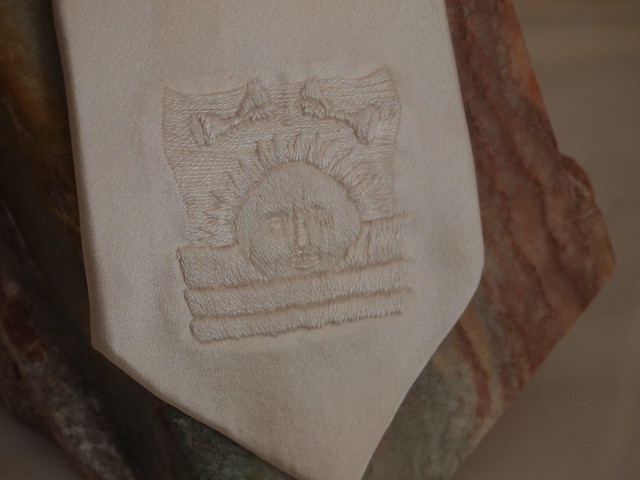I've wanted one for years. I heard about some historian that described a trend in U.S. History. Every 50 years there is a major social change. In 2005, I started wondering what this would be? We had the Revolutionary War in the 1770s, the national bank, Missouri Compromise, and Monroe Doctrine in the 1820s, the Civil War in the 1860s, women's suffrage in 1919, the civil rights movement in the 1960s. What would come in the 2010s-20s?
We have certainly seen an increase in rights for LGBTQ individuals. I applaud that, but I had hoped for changes that would directly benefit more than 3-5% of the population. Ten, and even five, years ago, I couldn't see a will to change in the American people. I feared we might have lost it with the subtle, scientific manipulations of entrenched powers using the tools of social manipulation that we increasingly understand. I still don't know the answer, although I'm more hopeful that we will see good changes in the next decade. Still, I don't usually write much about American history or policy, even when I share my opinions here or there. Where I really want the revolution is in Mormonism.
Now it's time for you to guess which authors are providing my inspiration. Surprise, surprise, it's a physicist and a philosopher of science--Lee Smolin and Roberto Mangabeira Unger. They want a revolution, too, in physics and cosmology. They don't want incremental change that is allowed by working within the established structures. They want to foster new ideas that will break us through into the next era of scientific understanding. What are some of the things they call for?
- Breaking patterns of funding that limit research to established areas.
- Providing unencumbered, multi-year support to highly promising, unconventional individuals and groups, and trusting them to work hard based on past promise.
- Fostering interdisciplinary, meta-discussion of fields, since a philosopher is likely to see things a physicist can't, and vice versa. Or pick any other group of disciplines.
- Shape institutions to test and support revolutionary change rather than only reinforce the status quo.
These are just some of their ideas. How does this inspire my Mormonism? I'll share a few thoughts.
- Expanded councils are awesome. People who were completely ignored now have a bit of a voice.
- Turning power over to local units for things that were once governed regionally or centrally is awesome. Mormonism excels when it distributes power and focuses on the individual.
- Empowering teachers through manuals that support good teaching practices, and encouraging peer instruction and personalization of messages is very close to best teaching practices.
- Encouraging individual study and personal responsibility for understanding the gospel and seeking the Spirit is right in line with what cognitive theory tells us are the most effective tools for learning.
- Missionaries and Home and Visiting Teachers going into homes and dealing with families and individuals on a personal level has incredible potential.
All of this diffusion of power and distribution of responsibility comes with problems. We aren't born knowing all the things we need or how to do them. We don't have time for intensive training in pastoral care when we are already volunteering many hours on top of taking care of our families and our work. So a lot of basic, standardized resources are needed to teach clueless people like us the essentials of how to do our different jobs. Enter Correlation.
Now for the revolution I want. We have sound structures. We have a decent doctrinal and practical foundation for growth. Let's keep them, but let's remove the limits. Instead of the foundation being the ending point, where all ideas and decisions must pass the test of matching the incomplete and ill-developed ideas found in the missionary lessons and Gospel Principles manual, let's use those as the starting point they were designed to be. Let's stop dictating thought as we teach the basics. Let's give play to the charismatic and intellectual potential of Mormonism.
Let's welcome different ideas to the table at all levels, just as we are told they are welcomed at the highest levels. Let's invite people of good will who think differently than we do into our councils. Let's look for the thoughtful, loving agitators who might actually have a new idea worth listening to. Leave them on the sidelines, push them out, or make them wait until they are established in the church before they have a voice, and we will have lost 20 years of potential growth. Let's give them a real voice, and even if we don't do what they say, they will know they have been heard and that there is place for openness and change. Let's cheer our members on when they encounter doubt or pain. Embrace it and let it spread. We are strong enough to heal and to come out better on the other side. I'm not saying we should replace the prophets and the wisdom of age with radical or untested youth, but the church was started by radical and untested youths, and it wasn't such a bad thing. It might be good for us to seek more of that out today. I pray for it often.
